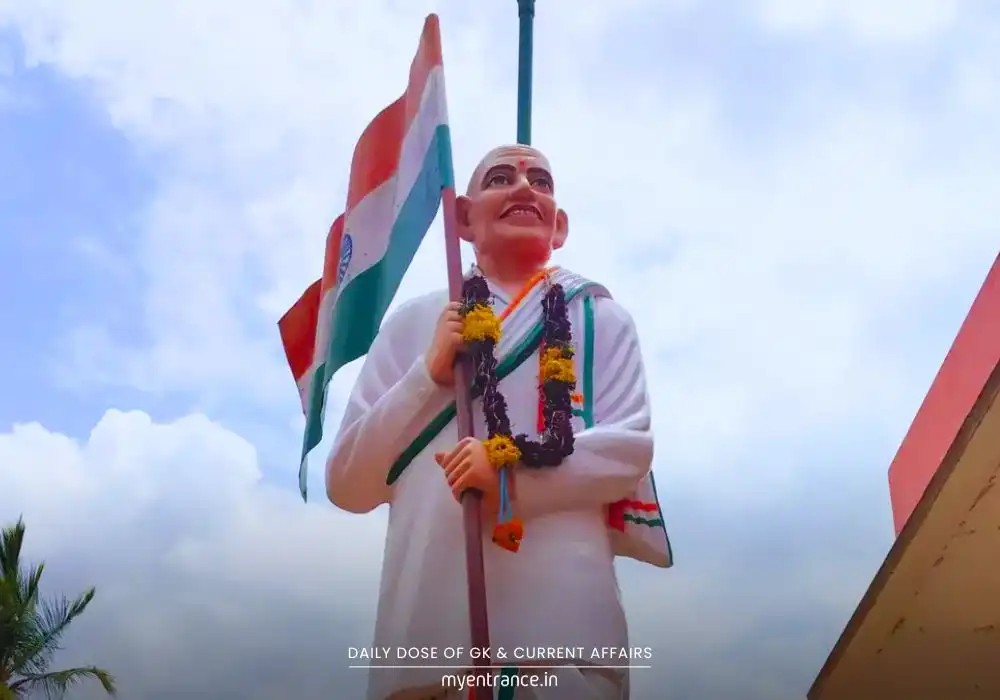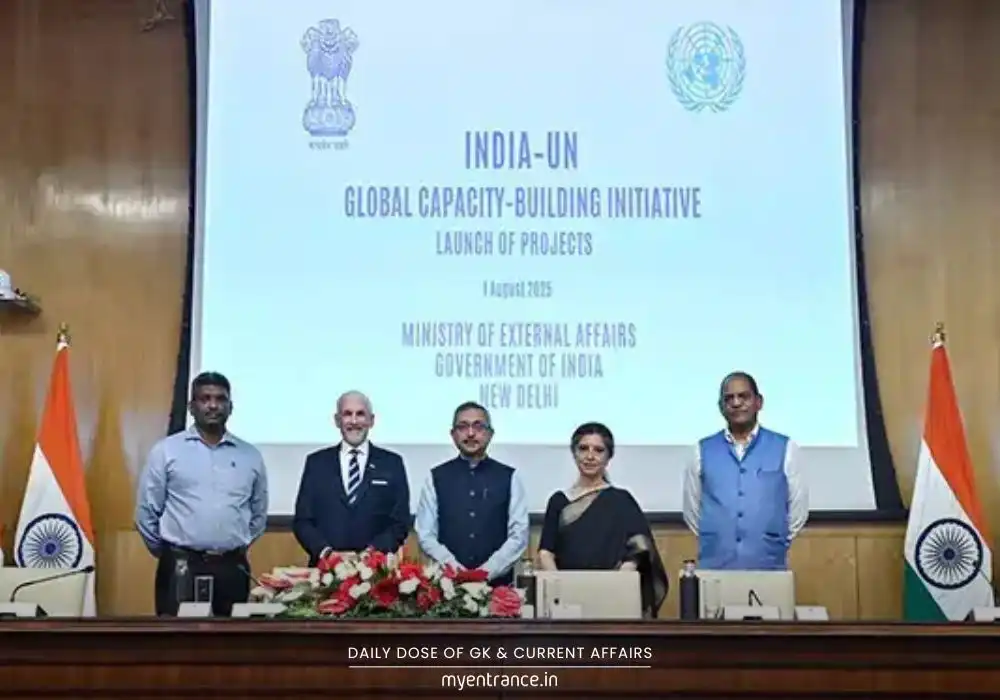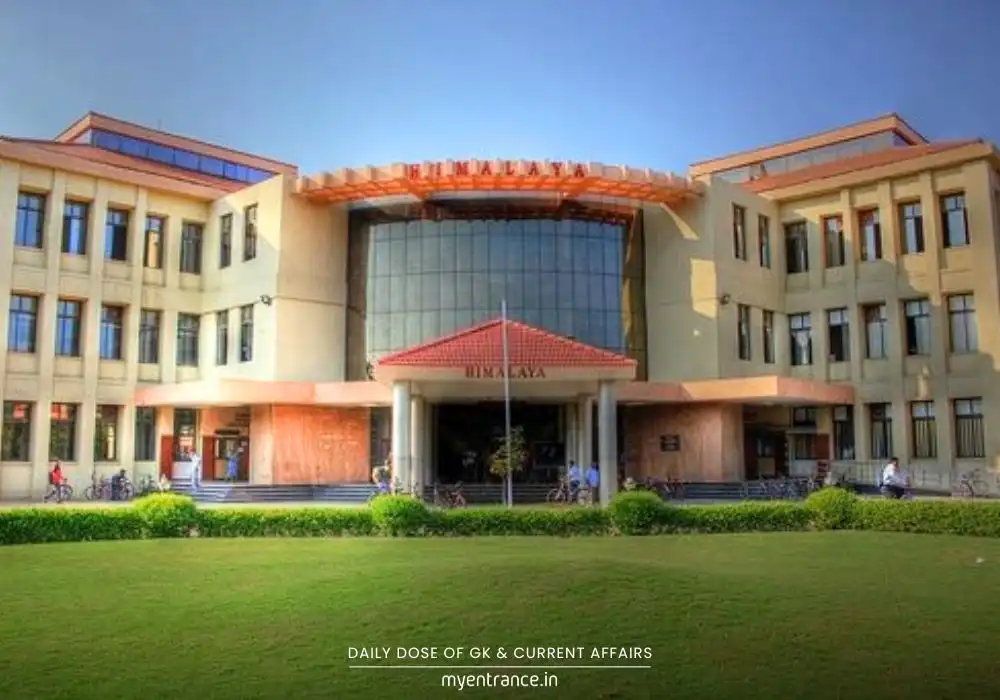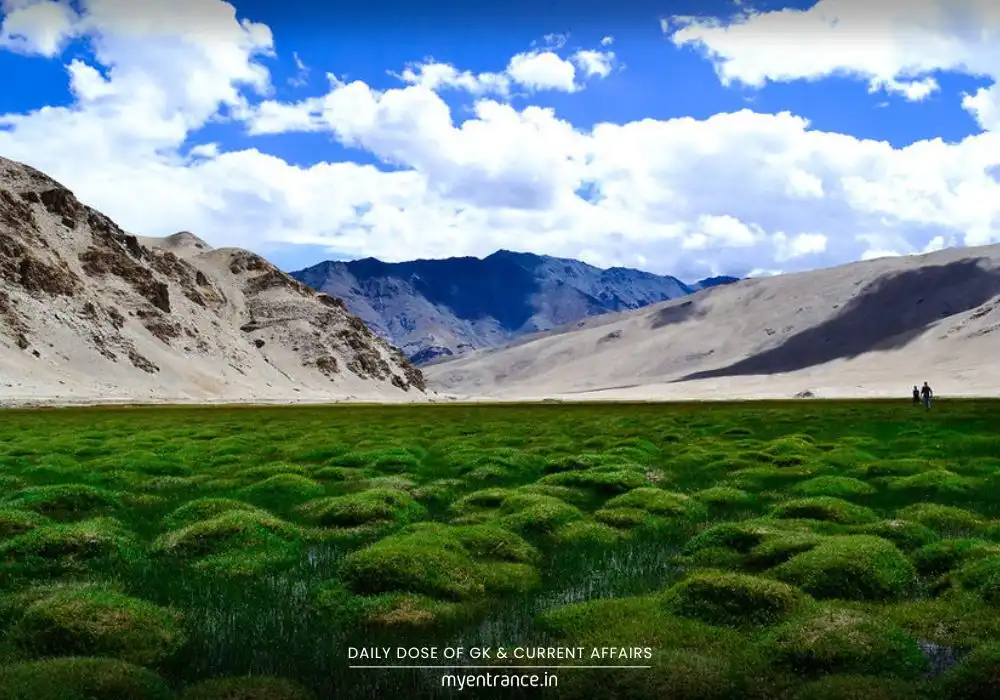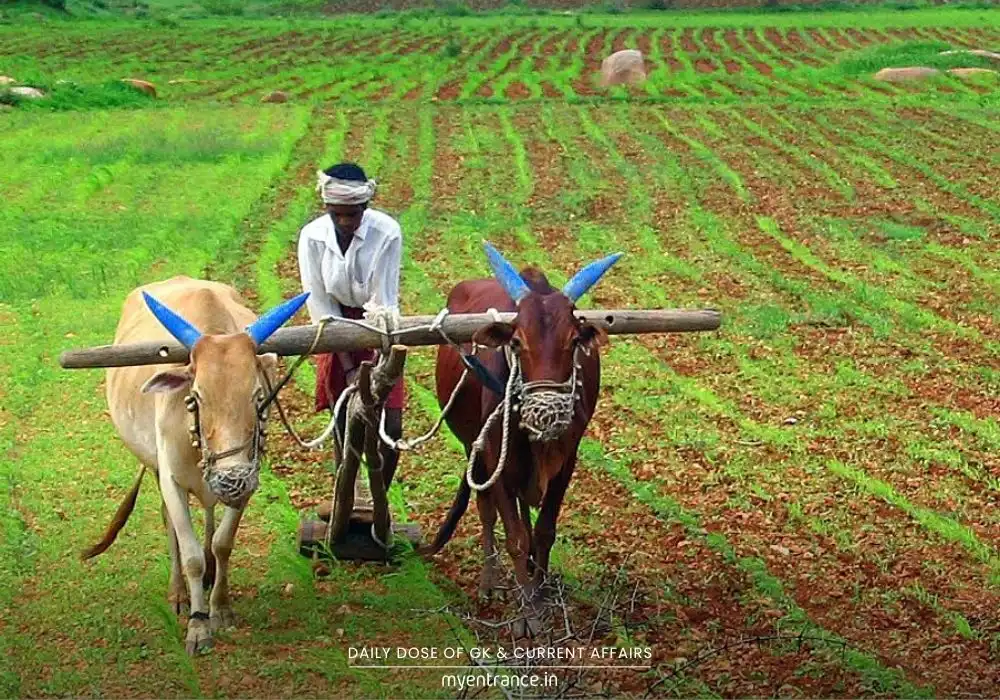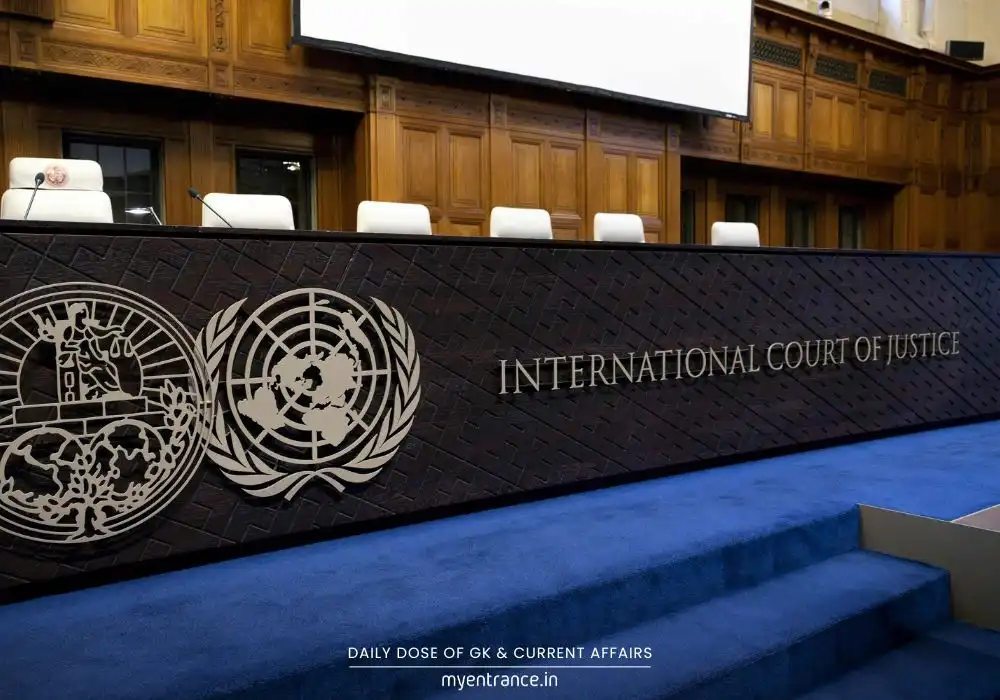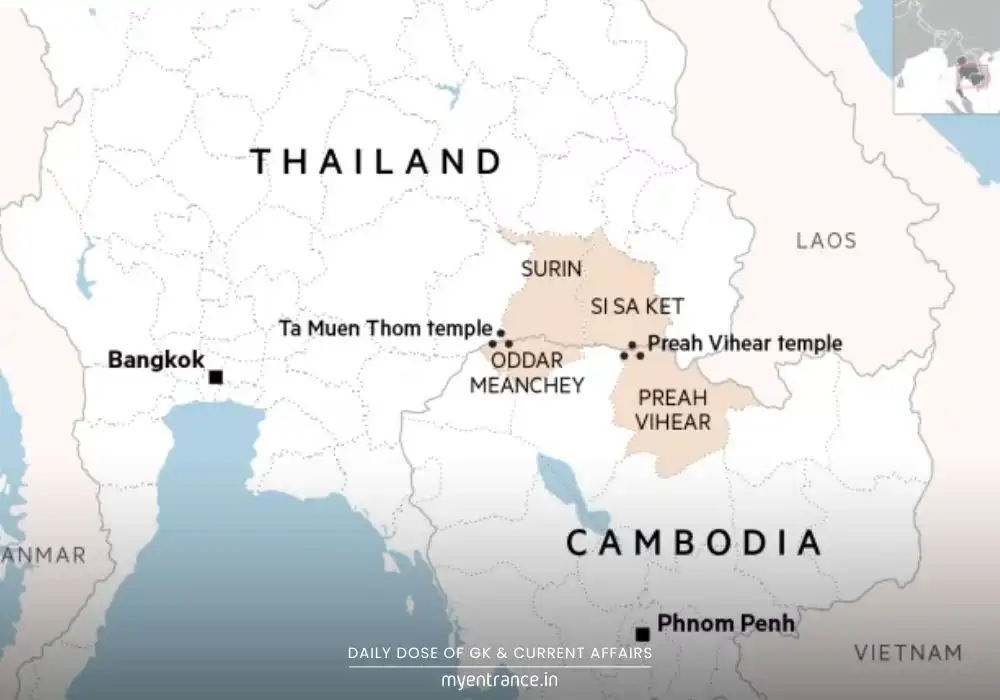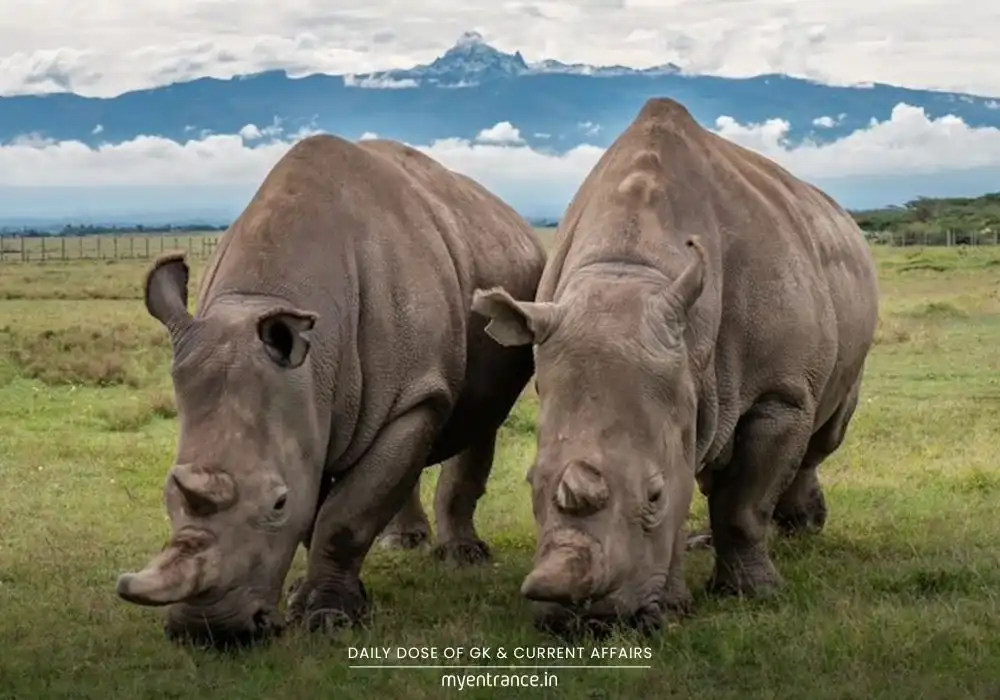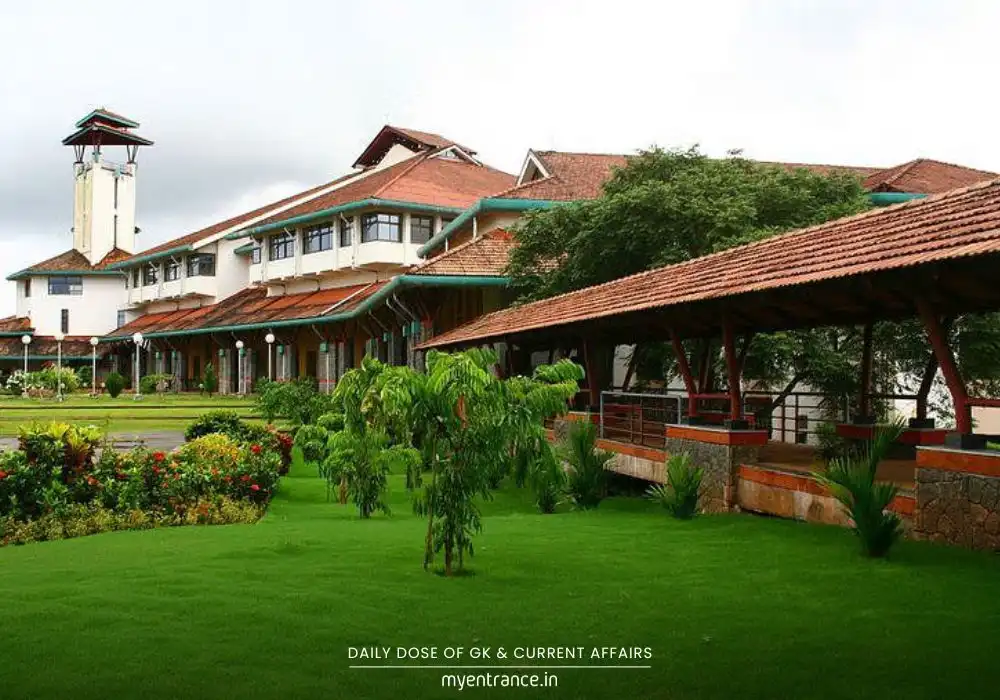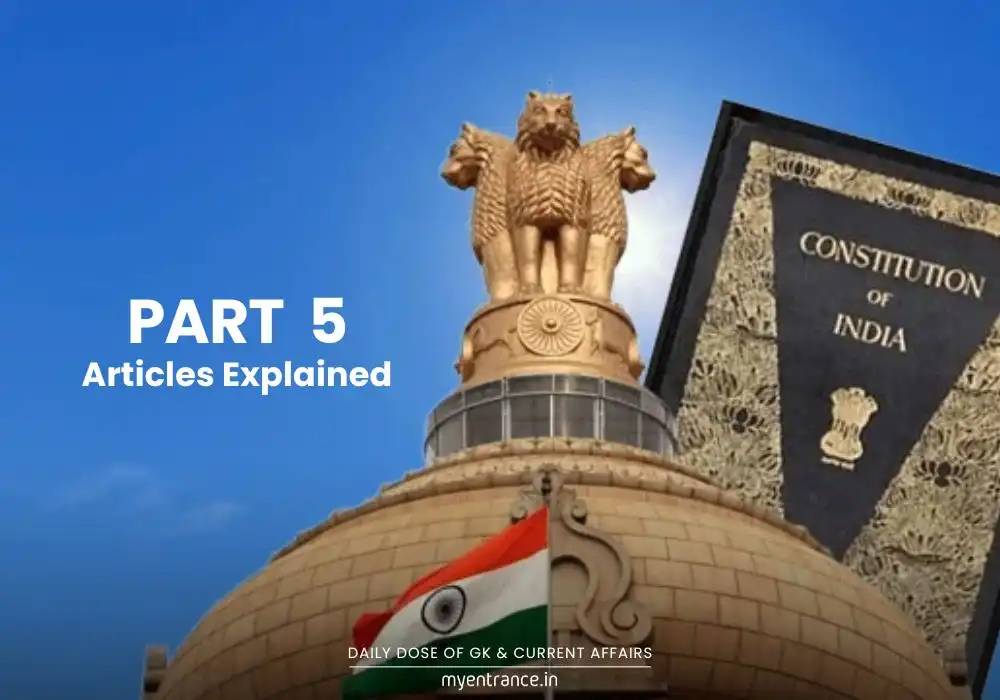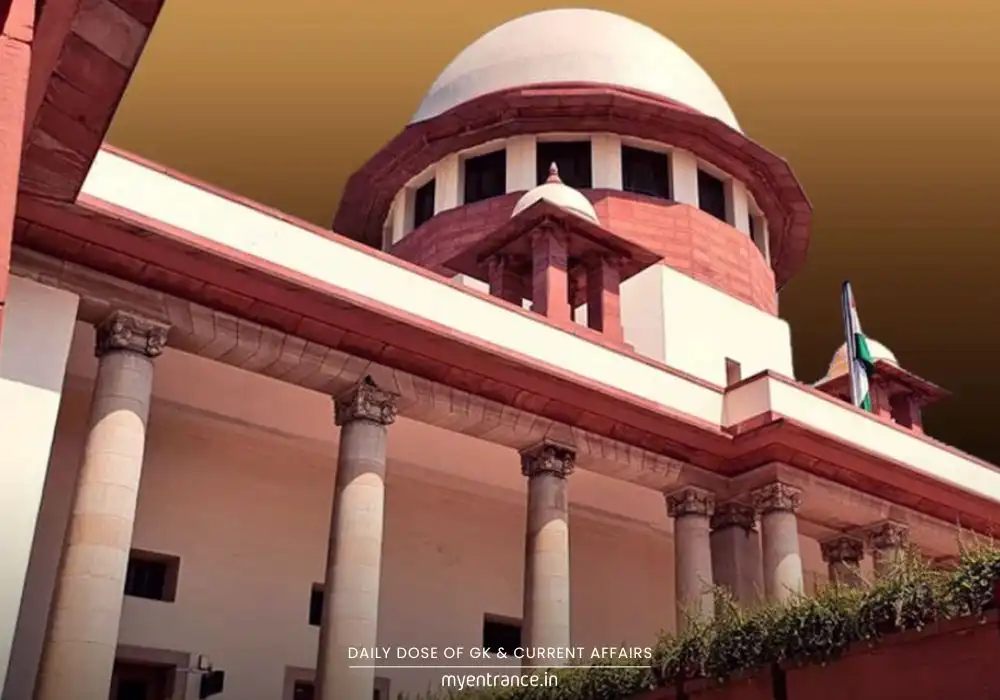Translate Language
Daily Current Affairs Quiz and Key Pointers: 01-08-2025
Stay ahead with today’s crucial updates for SSC, UPSC, PSC, and more. We decode the IEPFA Saksham Niveshak Campaign, analyze banking law amendments, and unpack Manipur’s extended President’s Rule. From tectonic tremors in Russia to India’s nuclear leaps, these topics blend policy, security, and global affairs for your exams.

1. IEPFA Saksham Niveshak Campaign – Key Highlights for Exams
The Investor Education and Protection Fund Authority (IEPFA) has launched the Saksham Niveshak Campaign to educate investors about unclaimed dividends and shares. This initiative helps citizens reclaim their investments while promoting financial literacy—a vital topic for UPSC, SSC, and banking exams.
Key Points:
Aims to simplify the process of reclaiming unclaimed assets.
Focuses on awareness through workshops and digital campaigns.
Managed by the Ministry of Corporate Affairs.
3 Quick Q&A for Revision:
Q1. What is the purpose of the IEPFA Saksham Niveshak Campaign?
*A1. It educates investors about unclaimed dividends/shares and helps them reclaim funds.*
Q2. Which ministry oversees the IEPFA?
A2. The Ministry of Corporate Affairs.
Q3. Why is this campaign relevant for competitive exams?
*A3. It covers financial literacy and government schemes—common in UPSC/SSC exams.*
Read More: IEPFA Saksham Niveshak Campaign Explained
2. Banking Laws Amendment Act 2025 – Major Changes & Exam Relevance
The Banking Laws Amendment Act 2025 introduces reforms to strengthen India’s banking sector, crucial for UPSC, RBI Grade B, and SSC exams.
Key Changes:
Enhanced RBI powers to regulate cooperative banks.
Stricter NPA resolution protocols.
Digital banking reforms for smoother transactions.
3 Quick Q&A:
Q1. What is the focus of the 2025 Banking Amendment Act?
A1. Strengthening RBI’s oversight and improving NPA management.
Q2. Which banks are most affected?
A2. Cooperative banks due to tighter RBI regulations.
Q3. How does this impact exam preparation?
A3. Banking reforms are a recurring theme in UPSC and bank exams.
Read More: Banking Laws Amendment Act 2025 – Key Updates
3. Manipur’s President’s Rule Extended – Constitutional Implications
The extension of President’s Rule in Manipur highlights India’s federal governance dynamics—essential for UPSC, PSC, and constitutional law questions.
Why It Matters:
Shows Centre’s role in state crisis management.
Discusses Article 356 (President’s Rule) applicability.
Impacts questions on federalism in exams.
3 Quick Q&A:
Q1. What constitutional provision governs President’s Rule?
A1. Article 356 of the Indian Constitution.
Q2. Why was it extended in Manipur?
*A2. Due to ongoing law-and-order challenges.*
Q3. How is this relevant for UPSC?
A3. Tests knowledge of federalism and constitutional provisions.
Read More: Manipur President’s Rule – Exam Significance
4. Lt. Gen. Pushpendra Singh – India’s New Vice Chief of Army Staff
Lt. Gen. Pushpendra Singh has taken over as India’s Vice Chief of Army Staff, a key appointment for defense and UPSC aspirants. His career highlights and strategic roles make this a crucial update for CAPF, CDS, and UPSC exams.
Key Highlights:
40+ years of service with expertise in counter-terrorism and high-altitude warfare.
Previously served as Chief of Army Training Command (ARTRAC).
Played a pivotal role in modernizing infantry combat systems.
3 Quick Q&A for Revision:
Q1. What is Lt. Gen. Pushpendra Singh’s new role?
*A1. Vice Chief of Army Staff (VCOAS), the second-highest rank in the Indian Army.*
Q2. Which command did he lead before this appointment?
A2. Army Training Command (ARTRAC).
Q3. Why is this relevant for defense exams?
A3. Questions on military hierarchy and key appointments are common in CDS, CAPF, and UPSC.
Read More: Lt. Gen. Pushpendra Singh – Career & Significance
5. Kamchatka Earthquake – Tectonic Causes & Tsunami Risk
A powerful 7.8 magnitude earthquake struck Russia’s Kamchatka Peninsula, raising concerns about tsunami threats. This event is crucial for Geography and Disaster Management sections in UPSC, SSC, and PSC exams.
Key Insights:
Occurred along the Pacific Ring of Fire, a seismically active zone.
No major tsunami alerts, but highlights India’s early warning systems.
Tectonic plate movements (Okhotsk Plate subduction) explained.
3 Quick Q&A:
Q1. Where did the Kamchatka earthquake occur?
A1. Along the Pacific Ring of Fire near Russia’s Kamchatka Peninsula.
Q2. Why is this region prone to earthquakes?
A2. Due to the subduction of the Okhotsk Plate under the Pacific Plate.
Q3. How does this impact disaster management studies?
A3. Helps understand seismic zones and early warning mechanisms—key for UPSC Geography.
Read More: Kamchatka Earthquake – Exam Relevance
6. Judges Protection Act 1985 – Supreme Court’s Landmark Stand
The Supreme Court reaffirmed the Judges Protection Act 1985, safeguarding judicial independence. This is vital for UPSC Polity, Judiciary, and PSC law-related exams.
Why It Matters:
Protects judges from frivolous lawsuits over judicial actions.
Ensures judicial independence—a core constitutional principle.
Recently upheld in the Justice Varma case.
3 Quick Q&A:
Q1. What does the Judges Protection Act 1985 ensure?
A1. Legal immunity for judges against lawsuits for official judicial acts.
Q2. Why did the SC reaffirm this law recently?
A2. To prevent misuse of litigation against judges discharging duties.
Q3. How is this relevant for UPSC?
A3. Covers judiciary independence—a key Polity topic.
Read More: Judges Protection Act 1985 – Explained
7. Pahalgam Attack – TRF Exposed & UNSC Report Impact
The Pahalgam terror attack, linked to TRF (The Resistance Front), has international ramifications after a UNSC report. Crucial for UPSC Internal Security & International Relations.
Key Takeaways:
TRF is a Pakistan-backed proxy group active in Kashmir.
UNSC report highlights cross-border terrorism concerns.
Implications for India’s diplomatic strategies.
3 Quick Q&A:
Q1. Who was behind the Pahalgam attack?
*A1. TRF (The Resistance Front), a Pakistan-supported militant group.*
Q2. Why is the UNSC report significant?
*A2. It exposes cross-border terror links, strengthening India’s global stance.*
Q3. How does this affect UPSC prep?
*A3. Covers security challenges and India’s counter-terror diplomacy.*
Read More: Pahalgam Attack – UNSC Report Analysis
8. Trump’s Double Blow – 25% Tariff on India & Russia Penalty
Former US President Donald Trump proposed 25% tariffs on India and penalties on Russia, impacting global trade dynamics. Important for UPSC Economy & International Relations.
Key Points:
Targets Indian steel and aluminum exports.
Part of Trump’s “America First” trade policy.
Could strain India-US trade relations.
3 Quick Q&A:
Q1. What is Trump’s proposed tariff on India?
A1. 25% additional duty on steel and aluminum exports.
Q2. How might this impact India’s economy?
A2. Could reduce exports and affect bilateral trade relations.
Q3. Why is this relevant for exams?
*A3. Covers trade policies and US-India relations—common in UPSC.*
Read More: Trump’s Tariffs – Impact on India
9. Urban Transport Crisis – Why India Needs a Dedicated Transport Cadre
India’s chaotic urban mobility demands urgent reforms. The proposal for an All-India Urban Transport Service gains relevance for UPSC Governance and Infrastructure topics.
Key Arguments:
Fragmented management: 15+ agencies handle transport without coordination
Growing challenges: 60% of India’s GDP comes from cities facing severe congestion
Global examples: London’s TfL and Singapore’s LTA show benefits of unified transport authorities
3 Quick Q&A:
Q1. What percentage of India’s GDP comes from urban areas?
A1. Approximately 60%, making efficient transport crucial for economic growth.
Q2. Name two global cities with successful unified transport models.
A2. London (Transport for London) and Singapore (Land Transport Authority).
Q3. Why is this proposal important for civil service aspirants?
*A3. It covers urban governance reforms – a key area in UPSC mains and interview questions.*
Read More: Urban Transport Chaos – Need for Dedicated Cadre
10. MGNREGS 2025 Crisis – 60% Spending Cap Explained
The new 60% fund utilization rule under MGNREGS sparks debate about rural employment schemes. Vital for UPSC Social Justice and Governance sections.
Critical Aspects:
New restriction: States can’t spend more than 60% of funds before December
Potential impacts: Could delay wage payments to 8.9 crore active workers
Controversy: States argue it hampers drought/flood relief efforts
3 Quick Q&A:
Q1. What is the new MGNREGS spending limit?
A1. States cannot utilize more than 60% of funds before December.
Q2. How many active workers might be affected?
A2. Approximately 8.9 crore registered workers under the scheme.
Q3. Why are states opposing this change?
A3. It restricts their ability to respond quickly to natural calamities requiring urgent employment generation.
Read More: MGNREGS 2025 Spending Cap – Analysis
11. India’s Nuclear Leap – First Private Heavy Water Facility
India’s first private-sector heavy water testing plant marks a strategic shift in nuclear infrastructure. Crucial for Science & Technology in UPSC/State PSCs.
Breakthrough Details:
Location: Hazira, Gujarat
Operator: Larsen & Toubro (L&T)
Strategic importance: Reduces import dependence for nuclear programs
3 Quick Q&A:
Q1. Where is India’s first private heavy water facility located?
A1. Hazira, Gujarat, operated by L&T.
Q2. What is heavy water used for in nuclear programs?
A2. As a moderator in nuclear reactors, particularly in PHWRs (Pressurized Heavy Water Reactors).
Q3. Why is this development strategically important?
*A3. Enhances self-reliance in nuclear technology and reduces foreign dependency.*
Read More: India’s Private Heavy Water Facility – Significance
12. ICJ’s Climate Ruling – Vanuatu vs. Climate Change Case
The International Court of Justice’s landmark opinion on climate obligations sets new global precedents. Essential for UPSC Environment and International Relations.
Historic Judgment:
First-ever: Clarifies legal obligations of nations regarding climate change
Vote: 26-1 in favor of stronger climate action mandates
India’s stance: Supported the advisory opinion
3 Quick Q&A:
Q1. Which country initiated the climate change case at ICJ?
A1. Vanuatu, a Pacific island nation vulnerable to rising sea levels.
Q2. What was the voting outcome?
A2. 26 judges voted in favor, with 1 dissent.
Q3. How does this affect India’s climate policy?
A3. Reinforces India’s commitment to climate justice while protecting development needs.
Read More: ICJ Climate Ruling – Vanuatu Case Explained
13. Governor’s Role – SC Reshaping India’s Federal Balance
The Supreme Court’s recent interventions on Governor’s powers redefines Centre-State relations. Must-know for UPSC Polity and Federalism topics.
Constitutional Clarifications:
Key SC directions: Time-bound decisions on bills, no indefinite sits
Article 200: Governors must not withhold bills without valid reasons
Recent cases: Punjab, Kerala and Tamil Nadu disputes
3 Quick Q&A:
Q1. Which constitutional article deals with Governor’s powers regarding state bills?
*A1. Article 200 – Governor’s options when a bill is presented for assent.*
Q2. What is the SC’s stance on indefinite bill withholding?
*A2. Unconstitutional – Governors must decide within reasonable time.*
Q3. Name two states recently involved in Governor-related disputes.
A3. Punjab and Kerala (also Tamil Nadu in earlier cases).
Read More: Governor’s Role – SC’s Federalism Stand
Get 3 Months Free Access for SSC, PSC, NIFT & NID
Boost your exam prep!
Use offer code WELCOME28 to get 3 months free subscription. Start preparing today!
